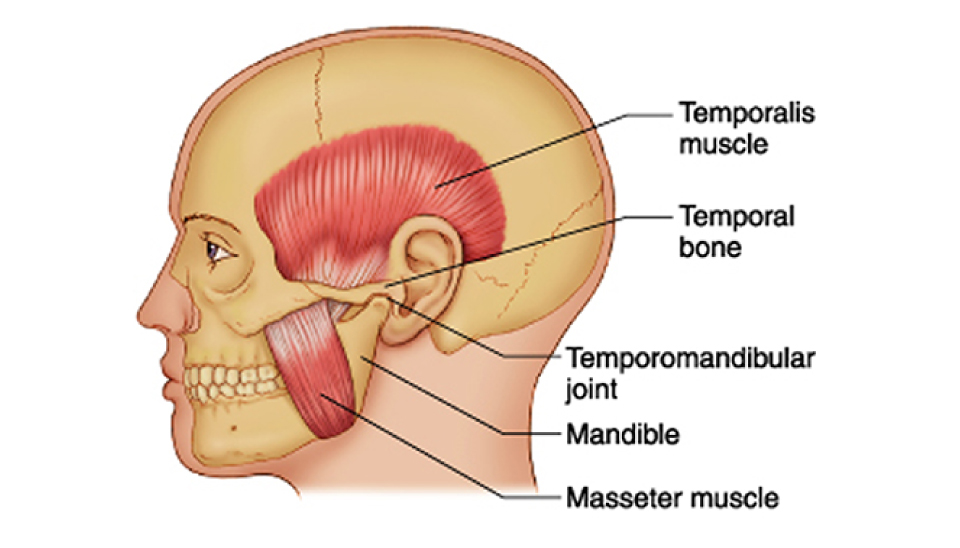TMJ/Jaw Physiotherapy
Temporomandibular Joint (TMJ) Pain (aka. Jaw Pain)
Conditions and injuries affecting the jaw can limit an individual’s quality of life and cause ongoing pain and discomfort.
Could you imagine being unable to enjoy your favourite foods due to not being able to open your mouth wide enough?
Think about how much more awful a scenario that would be if you were also not able to chew or talk or laugh comfortably!
What is Dry Temporomandibular Joint (TMJ)?
The Temporomandibular Joint (TMJ) is the synovial hinge joint which connects the Temporal bone of the skull to the lower jaw bone, the mandible. There is one joint on each side of an individual’s face, and they work together to allow a range of actions including chewing, talking, smiling, yawning and laughing.
Signs and Symptoms
- Clicking, grinding, locking of the jaw, morning clicking/stiffness
- Headaches or dizziness
- Neck Pain or facial discomfort
- Pain while talking, chewing, laughing, eating, opening widely
- Ear pain: tinnitus/ringing in ears, hearing loss, sinus pain
- Toothache or tooth sensitivity
Causes of TMJ Pain
- Trauma from a direct hit / sporting injury / falling on to the chin or ear
- Extensive Dental Work (ie Wisdom tooth removal or previous orthodontic work including braces)
- Overactive Jaw musculature (continuous stress can lead to clenching & grinding)
- Increased pain sensitivity due to stress
- Wear and tear affecting cartilage
- Arthritis
- Grinding the teeth due to stress or at night while sleeping
- Postural imbalances including cervical spine stiffness
How can Physiotherapy help?
A Physiotherapist can provide a comprehensive assessment and then provide suitable treatment to alleviate TMJ
pain and discomfort.
Treatment can include Dry Needling, soft tissue techniques, improving the joint mobility, electrotherapeutic interventions
including Ultrasound, activity modification advice and exercise prescription.
Some tips to avoid TMJ Pain
- Do not chew your pen, chewing gum or your fingernails
- Try to minimize stress by completing regular exercise, using relaxation techniques or meditation
- Avoid sitting or standing in poor postures – do NOT lean your chin on your hand while sitting
- Do NOT sleep on your stomach
If you’re experiencing any jaw clicking, locking, pain or discomfort, call Sportreat on 9438 2400 today
to book an appointment with our Sportreat TMJ Physiotherapist, Holly Thillainath.
Temporomandibular Joint (TMJ)
